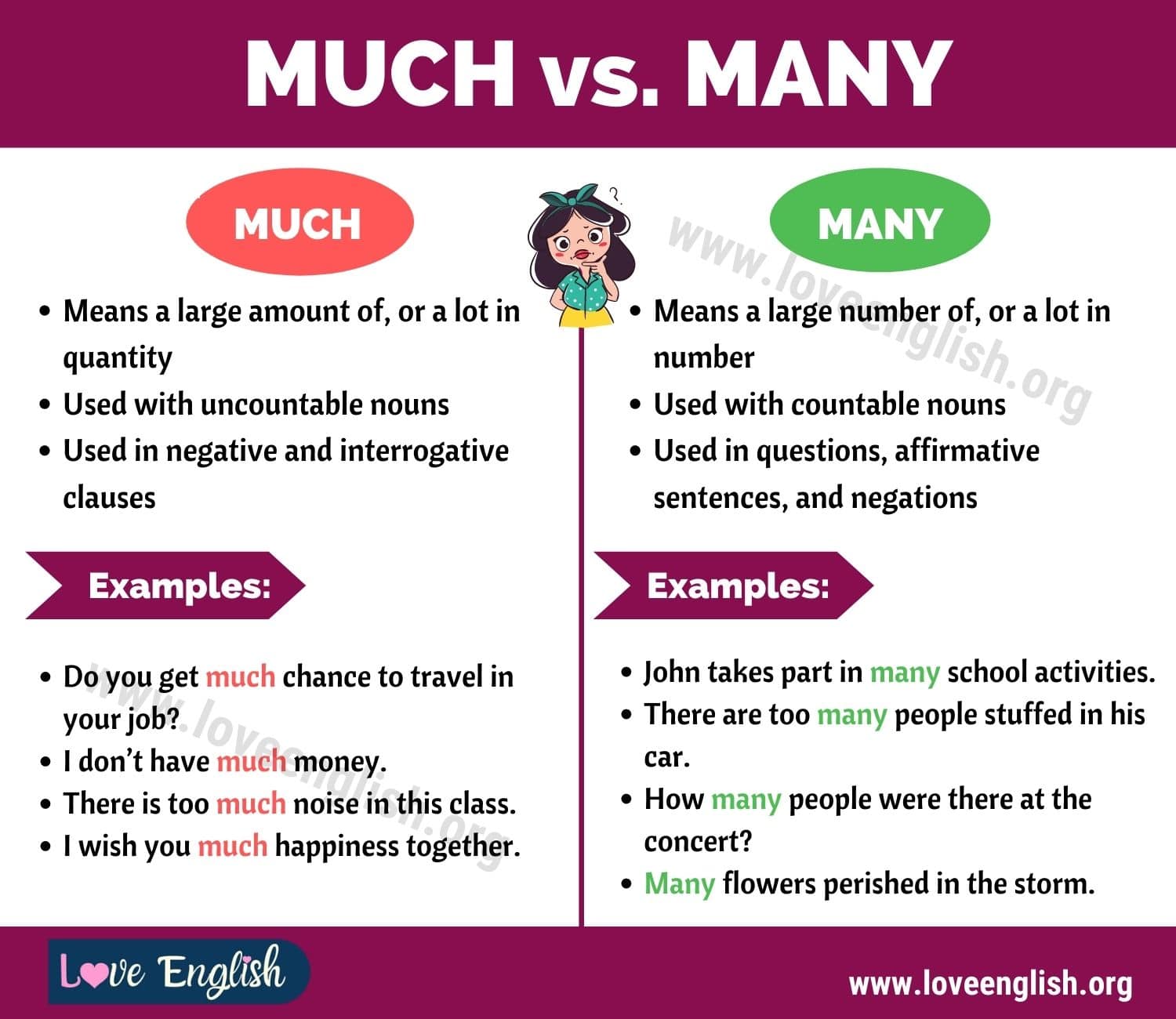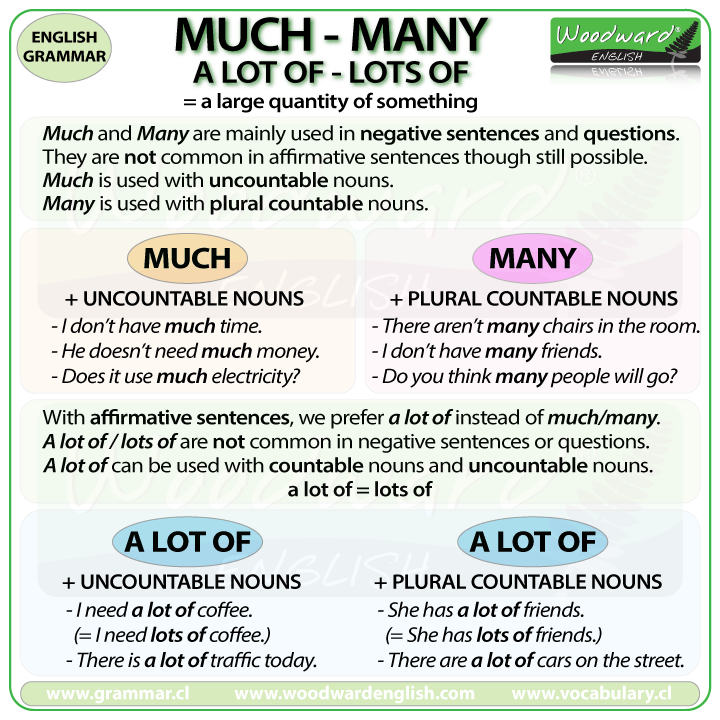Ever wondered just how big a million really is? It's a number we hear a lot, whether it's about money, people, or even the vast collections of digital music we enjoy. Thinking about "how many zeros i n million" might seem like a simple question, but getting it right helps us understand so much more about the numbers that shape our world. It's, you know, a pretty fundamental piece of information for anyone dealing with big figures.
You might hear about a million dollars, a million followers online, or perhaps even millions of songs available on a service like Spotify. That word, "million," really makes you think about a truly large quantity. It brings to mind that idea of "many," a significant or considerable amount, which is, honestly, a good way to picture it, even though a million is a very specific number.
So, if you've ever felt a little unsure about this common number, you're certainly not alone. Today, we're going to break down exactly what a million looks like numerically. We'll explore its structure, talk about why it has the zeros it does, and even touch on where you might run into this number in your everyday life. It's, basically, all about getting clear on those important digits.
Table of Contents
- What Exactly Is a Million?
- Counting the Zeros in a Million
- Why Six Zeros Makes Sense
- Comparing a Million to Other Big Numbers
- A Million in Our Daily World
- Common Things People Get Wrong
- Frequently Asked Questions About Millions
What Exactly Is a Million?
A million is, in simple terms, the number that comes after 999,999. It's a significant milestone in counting, representing a thousand thousands. When you think about it, that's a lot of things, isn't it? It's often used as a benchmark for large quantities, whether we're talking about population figures, financial amounts, or the sheer volume of data in our digital age. It's a number that, well, really feels big.
The concept of a million helps us put truly vast collections into perspective. For instance, a service like Spotify, as we know, gives us access to millions of songs. That's a huge library of music, and the word "million" helps us grasp that immense scale. It's, kind of, a shorthand for "a whole lot."
Understanding a million is a basic step in getting comfortable with larger numbers. It forms the foundation for understanding billions, trillions, and even more. So, knowing its composition is, honestly, pretty helpful for anyone dealing with numbers, whether for school or just everyday life. It's a building block, you know.
Counting the Zeros in a Million
Alright, let's get right to the heart of it: how many zeros are there in a million? A million is written as a '1' followed by six zeros. So, it looks like this: 1,000,000. Each group of three zeros, separated by a comma, helps us read and understand the number more easily. This grouping is, typically, how we write large numbers in many parts of the world.
When you say "one million," you are really saying "one thousand thousands." If you write out one thousand (1,000), you see three zeros. Then, if you multiply that by another thousand, you add three more zeros. So, 1,000 x 1,000 equals 1,000,000. That's, basically, how you get to those six zeros.
It's important to keep track of these zeros because missing even one can change the value significantly. Imagine if you only had five zeros; that would be one hundred thousand, a very different amount. So, those six zeros are, you know, absolutely essential for it to be a true million.
Why Six Zeros Makes Sense
The reason a million has six zeros goes back to our base-10 number system. This system is, basically, built on powers of 10. Each place value in a number is ten times greater than the place value to its right. For example, the tens place is ten times the ones place, and the hundreds place is ten times the tens place, and so on. It's, really, quite a clever system.
We group numbers into sets of three digits for readability. This is why we use commas: thousands, millions, billions, and so forth. So, a thousand is 10 to the power of 3 (10³ = 1,000), which has three zeros. A million is 10 to the power of 6 (10⁶ = 1,000,000). It's, actually, just two groups of three zeros.
This pattern makes it easier to quickly identify the scale of a number. When you see six zeros, you immediately know you are dealing with a million. This structure is, you know, incredibly consistent across many languages and cultures that use the decimal system. It helps us, more or less, all be on the same page when we talk about big numbers.
Comparing a Million to Other Big Numbers
Understanding a million is often easier when you compare it to other large numbers. A thousand, for instance, has three zeros (1,000). A million, as we've seen, has six zeros (1,000,000). So, a million is a thousand times larger than a thousand. That's, basically, a pretty big jump.
Then there's a billion. A billion has nine zeros (1,000,000,000). So, a billion is a thousand times larger than a million. You can see a clear pattern here: each step up (thousand, million, billion, trillion) adds another three zeros. This consistent grouping, you know, helps keep things tidy.
Knowing these relationships can help you quickly estimate or verify large figures. If someone says "three million" and you see "3,000,000," you can, pretty much, instantly confirm it's correct. This kind of numerical literacy is, honestly, a valuable skill in many aspects of life, especially in today's world where big numbers are everywhere.
A Million in Our Daily World
The number one million shows up in so many places around us. Think about population statistics for cities or small countries. Many cities around the world have populations in the millions. This helps us get a sense of their size and scale. It's, arguably, one of the most common large numbers we encounter.
In the financial world, million-dollar figures are common for property values, company earnings, or even lottery winnings. When you hear about someone becoming a millionaire, it means they have assets worth at least one million units of currency. This, basically, gives you an idea of wealth.
And, as mentioned earlier, digital services like Spotify boast access to millions of songs and podcasts. This means an incredibly vast library of audio content. When you sign up for Spotify, you're getting access to a truly immense collection, and that word "million" really captures that. It's, you know, a very effective way to describe a huge selection.
Even in science, you might hear about millions of light-years for astronomical distances or millions of cells in a biological sample. It's a versatile number that helps us measure and describe a lot of different things, from the very small to the incredibly large. It's, honestly, just everywhere.
Common Things People Get Wrong
One common mistake people make is confusing a million with a thousand or a billion. Because all these numbers involve zeros, it's easy to lose track. Remembering that a million has six zeros, a thousand has three, and a billion has nine, is, basically, key to avoiding mix-ups. It's all about those groups of three.
Sometimes, people might also write a million without the commas, like 1000000. While technically correct, it's much harder to read quickly and accurately. The commas are there to help us visually group the digits and quickly identify the scale of the number. So, using them is, you know, a good habit.
Another point of confusion can come from different numbering systems in other countries, though the "short scale" (where a billion is a thousand millions) is very common now. Still, it's good to be aware that historical or regional differences can sometimes exist, though for "how many zeros i n million," the answer is, thankfully, almost universally six. You can learn more about large numbers and their scales on other sites.
So, the next time you see a number like 1,000,000, you'll know exactly what it means and why it's written that way. It's, pretty much, all about clarity and consistency in numbers. It makes understanding financial reports, population figures, or even the vastness of the universe a little bit simpler. It's, honestly, quite empowering.
Frequently Asked Questions About Millions
What is the difference between a million and a billion?
A million has six zeros (1,000,000), while a billion has nine zeros (1,000,000,000). So, a billion is one thousand times larger than a million. It's, basically, another jump of three zeros. You know, it's a significant difference in scale.
Why do we use commas in large numbers like a million?
We use commas to group digits into sets of three, starting from the right. This makes large numbers much easier to read and understand at a glance. It helps us quickly see if we're looking at thousands, millions, or billions. It's, honestly, a very helpful visual aid.
Does "many" mean the same as "a million"?
No, not exactly. "Many" refers to a large but indefinite number, like when we say "many people." A million, however, is a very specific, definite number: 1,000,000. While a million is certainly "many," "many" isn't always a million. It's, you know, a subtle but important distinction.
We hope this has cleared up any questions you had about the number of zeros in a million! Knowing these numerical facts helps us all speak the same language when talking about big quantities. You can learn more about numbers on our site, and perhaps even discover other fascinating number facts.



Detail Author:
- Name : Prof. Austen Kozey
- Username : raheem.wolf
- Email : fhaley@renner.info
- Birthdate : 1989-09-28
- Address : 15008 Hahn Fort Apt. 258 Bergnaumland, OH 38075
- Phone : (534) 640-0687
- Company : Funk-Lindgren
- Job : Engineering Technician
- Bio : Voluptas inventore error illo qui dolore sed. Ex distinctio consequatur quo ad. Repellendus ipsum incidunt et voluptatibus nostrum id.
Socials
linkedin:
- url : https://linkedin.com/in/darrylsmitham
- username : darrylsmitham
- bio : Reiciendis fuga iusto quia voluptas.
- followers : 521
- following : 1317
tiktok:
- url : https://tiktok.com/@darryl_smitham
- username : darryl_smitham
- bio : Unde ratione ut harum aut magni doloribus earum quidem.
- followers : 3851
- following : 529

